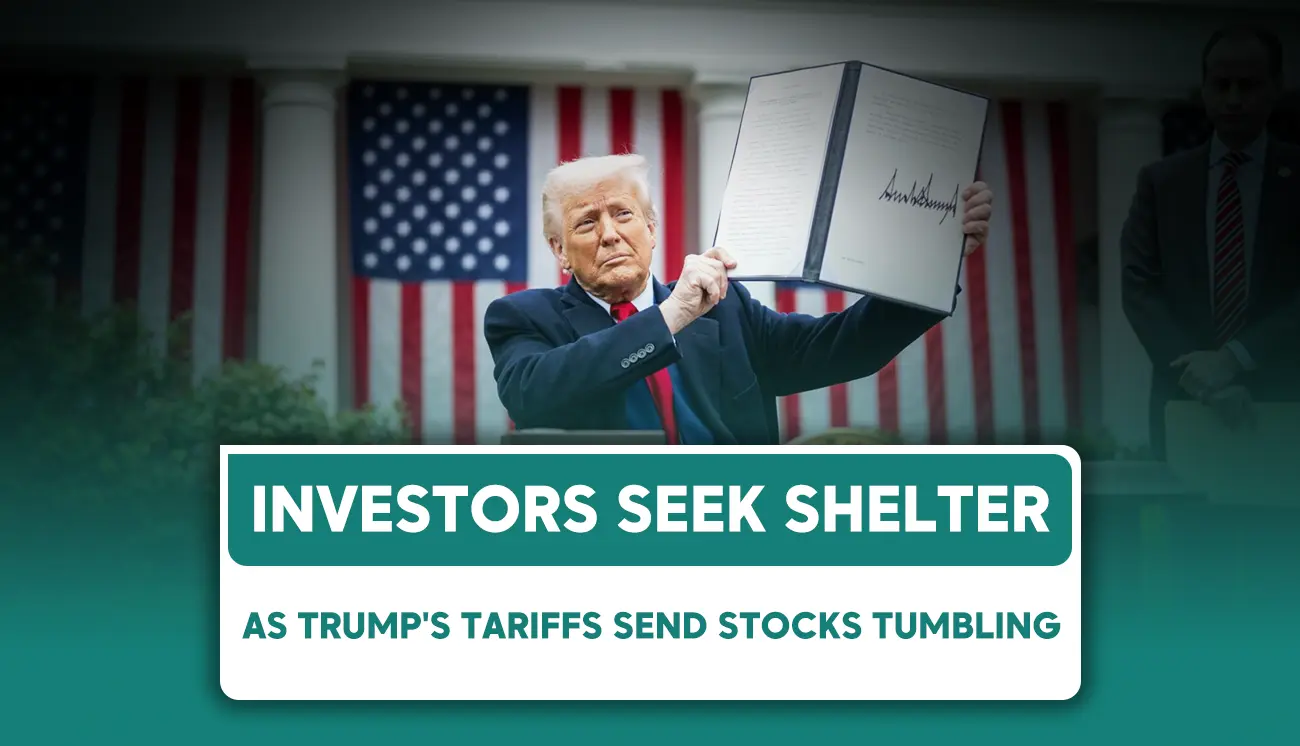Global markets and oil prices dropped sharply on Thursday as investors rushed to safe-haven assets such as bonds, gold, and the Japanese yen. The panic was triggered by U.S. President Donald Trump’s announcement of new trade tariffs, raising widespread fears of a potential global economic recession.
Trump imposed new tariffs of 10% on imported goods, in addition to “reciprocal” tariffs on countries he claims maintain high trade barriers against U.S. exports. Reciprocal tariffs are duties imposed by one country in response to tariffs imposed by another. In this context, when Trump imposed these tariffs on countries like China and the European Union, they responded with counter-tariffs on American goods. For instance, the European Union, composed of 27 nations, imposed a 20% tariff on U.S. products in retaliation against U.S. trade policies.
The announcement caused major disruption among traders and financial markets.
In Europe, where the EU implemented the 20% retaliatory tariff, stock markets opened with sharp losses ranging between 1.3% and 2%, amid angry reactions from Brussels and other EU capitals.
In Asia, Japan’s Nikkei index dropped by 2.7%, heading for its worst week in two years. Meanwhile, Wall Street futures fell by 3%, and the U.S. dollar declined more than 1%, reaching its lowest level in six months.
Analysts at JPMorgan described the tariffs as “well above even the worst-case scenarios previously envisioned.” Credit rating agency Fitch called the tariffs a “fundamental game-changer” for both the U.S. and global economies. Deutsche Bank described them as an “unprecedented event” that could slow U.S. economic growth by 1% to 1.5% this year.
Fitch further warned that many countries could find themselves in recession, stating: “If these tariffs persist for an extended period, most economic forecasts will become irrelevant.”
Government bonds, widely seen as a safe haven, witnessed strong demand. Yields on U.S. Treasury bonds fell close to 4%, while yields on 10-year German bonds declined to 2.64%, dropping 8.5 basis points.
These new tariffs are expected to raise import taxes in the world’s largest economy to their highest level in a century. If the economic impact deepens, central banks worldwide are likely to cut interest rates, which would benefit bonds.
Nasdaq futures also dropped 3.2% before the U.S. market opened. Apple’s market value plummeted by $240 billion after its shares fell 7% in after-hours trading. Nvidia’s value also sank by 5.6%, or about $153 billion, adding to the heavy losses seen by major tech firms this year.
Asian markets were heavily affected by the developments. As countries like China, Canada, and Europe pledged countermeasures, investors began reducing exposure to markets tied to global growth. Oil prices—widely viewed as a barometer of economic activity—fell by as much as 3%, with Brent crude dipping below $73 per barrel, marking its worst day of the year.
At the same time, gold surged to a record high above $3,160 per ounce before slightly retreating. The Japanese yen rose by more than 1.5% to 147.01 per dollar. The Swiss franc climbed to a four-month high, while the euro gained 1% to reach $1.0970.
A strategist at Deutsche Bank commented, “The key focus in the coming days will be on China. Will China wait for trade negotiations, or will it seek to absorb the shock by devaluing the yuan?”





